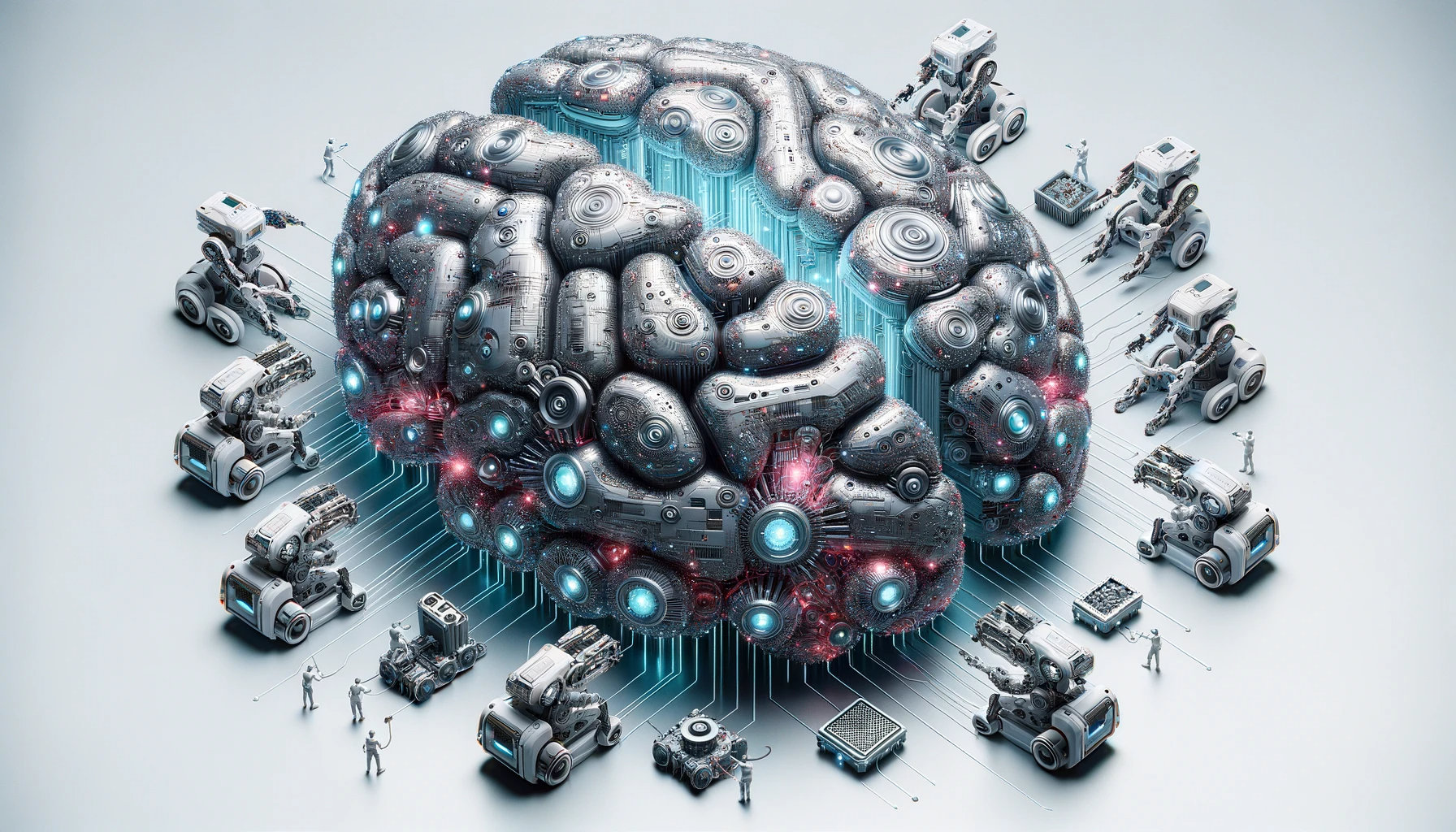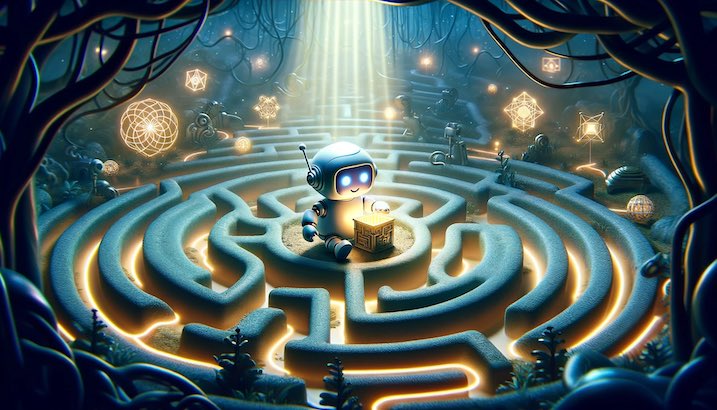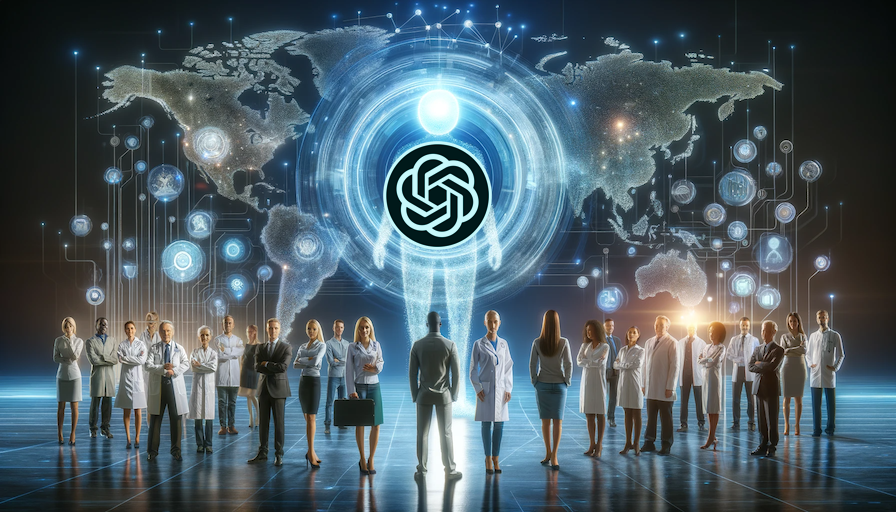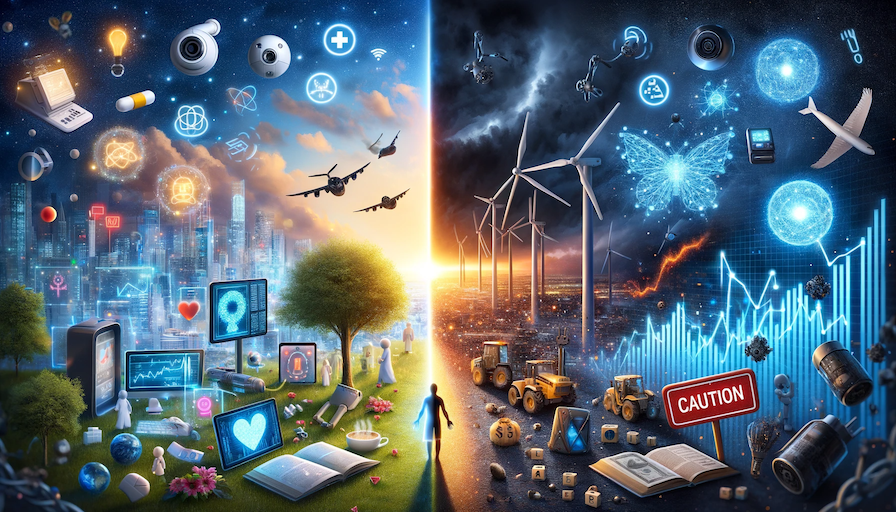
The Memory Conundrum in Artificial Intelligence
In the vast realm of computing, memory has always been a cornerstone. Whether we look at the earliest punch-card systems or the most sophisticated quantum computers, memory plays a pivotal role. But what exactly do we mean when we talk about memory in this context?
Memory, in its simplest terms, is the ability of a system to store and retrieve information. For humans, this means recalling the name of a childhood friend or remembering the aroma of a favorite dish. For computers, it's about retaining data and recalling it when needed.
Artificial Intelligence (AI) represents the pinnacle of computing evolution. It's not just about processing data; it's about understanding, learning, and even predicting. And yet, one of the biggest hurdles AI faces is something profoundly basic: memory.
But wait, don't computers already have memory? Yes, they do. However, the challenge for AI is not about storing vast amounts of data but retaining and using context.
Imagine having a conversation with a friend about a movie you watched last week. Your friend doesn't just respond to your last sentence; they remember the entire conversation, making the dialogue fluid and meaningful. This continuity is what AI has been missing.
Once an AI model is trained, its knowledge is confined to that dataset. It can't recall past interactions or learn from them in the way humans do. So, every conversation with AI is like talking to someone with amnesia.
In the AI world, this memory challenge has been represented by token limitations. A token can be a word, a character, or any unit of data. For a time, AI's capacity was limited to 2,000 tokens, roughly equivalent to 1,500 words. To put that in perspective, it's like having a conversation where after every short essay's worth of words, the slate is wiped clean.
Over time, these limits expanded. 4,000 tokens became a new benchmark, then 32,000 with models like GPT-4, and even 100,000 with systems like Claude 2. But, impressive as these numbers might seem, they're still restrictive when you consider the breadth and depth of human interactions.
Enter MemGPT, a beacon of hope in the AI memory challenge. Recent whispers in the tech corridors speak of a research paper that might just revolutionize how AI remembers. Instead of being confined to its training data, this new approach promises an AI that can recall, learn, and engage in a manner previously thought impossible.
What makes MemGPT unique? Well, the specifics are wrapped up in layers of complex algorithms and code. But, at its heart, it's about giving AI a semblance of what we'd call a 'working memory'.
Moreover, in an era where proprietary tech often remains locked behind closed doors, the authors of this groundbreaking work have open-sourced their findings. It's a testament to the collaborative spirit of the scientific community and a gift to tech enthusiasts and experts worldwide.
While MemGPT represents a significant step forward, the journey of refining AI memory is far from over. As with all tech innovations, challenges will arise, and solutions will need to be iterated. However, the promise of an AI that can remember, learn, and interact in more human-like ways is tantalizingly close.
As we stand on the cusp of this new era, one can't help but wonder: What will our interactions with AI look like in a decade? Will we be reminiscing with our AI assistants about past conversations, or perhaps seeking advice based on shared experiences? Only time will tell.




